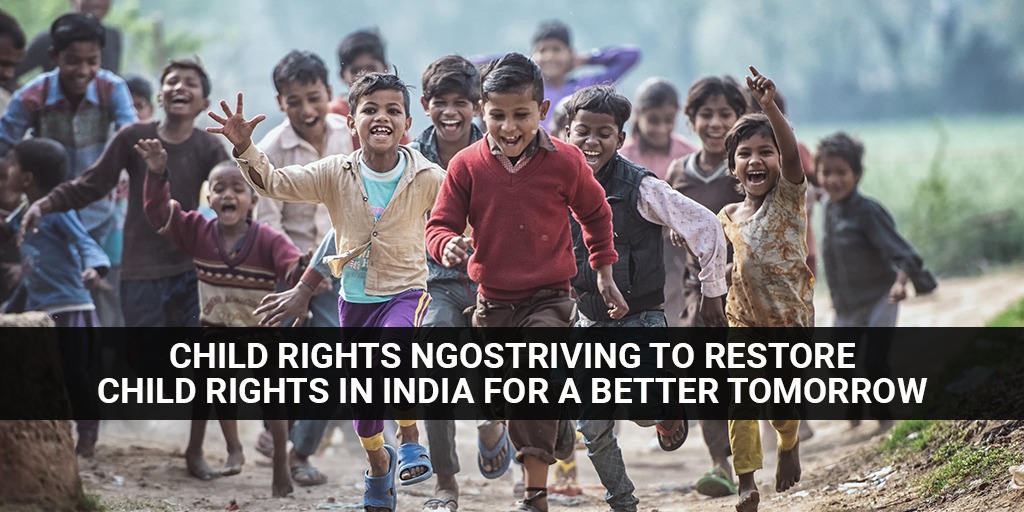Civil societies have a critical part in reviving a community’s needs; ordinary people are the ones who assist marginalised groups in overcoming difficulties. Children in India are the most marginalised group. Children encounter a variety of challenges from the moment they are born until they reach adulthood, some of which are life-changing.
It is for this reason that child rights NGO and trusts are springing up all across the country. NGO employees can provide ground assistance to children to help them achieve a better and brighter future through their strategic involvement. In this article, we look at the numerous ways that societies, organisations, trusts, and other philanthropic non-governmental organisations (NGOs) help children develop.
Providing Medical Care to Children in Need
Because parents are unaware of the mother’s and infant’s vital healthcare and nutrition needs, the country’s birth mortality rate is extremely high. The Child Rights NGO works to reduce neonatal mortality by:
- Making individuals aware of what they need to do before, during, and after pregnancy. Creating an environment that promotes baby survival and health.
- NGO employees are being trained to provide emergency healthcare help to pregnant women, new moms, and newborn children.
- Promoting the implementation of policies that improve baby and maternal healthcare.
- Increasing nutrition access and supporting public health
Education and No Child Labor
India is known around the world for having the world’s largest educational system. When it comes to literacy, however, the rate is extremely low. Low enrolment at an early age and even higher dropout rates later on are the reasons for this. NGOs assist children in receiving a better education in the following ways:
- By establishing learner-friendly environments in schools, particularly in rural and slums, for children of all ages.
- By discussing the importance of taking their children to school and assisting them with the admissions process with families.
- Explain in detail how schools are nondiscriminatory and safe environments. Children are not prejudiced based on socioeconomic status, caste, or gender.
- Promote the financial framework that supports the Education Act of 2009 to promote the need for free and compulsory education.
- Making school a pleasurable experience by incorporating interactive learning methods.
- Encouraging street children and those working as labourers to enrol in school.
According to recent statistics, ten million children in India work 12-hour shifts as stone cutters, miners, farmers, and embroiders every day. NGOs play a critical role in educating society about the importance of ending child labour. They accomplish this by:
Conclusion
Without a doubt, Child Rights NGOs have made significant contributions to reducing child labour, improving child education, and lowering infant mortality rates. It is because of their holistic approach that civic society and the government have invested in working to improve the lives of children of all ages. NGOs have fought to improve the most overlooked segment of Indian society: its children, through a consistent effort, significant financial commitment, and great infrastructure.











